|
Whang And The Cheviots History |
||
|
|
| Whang Home | History | Tim Rice | | |
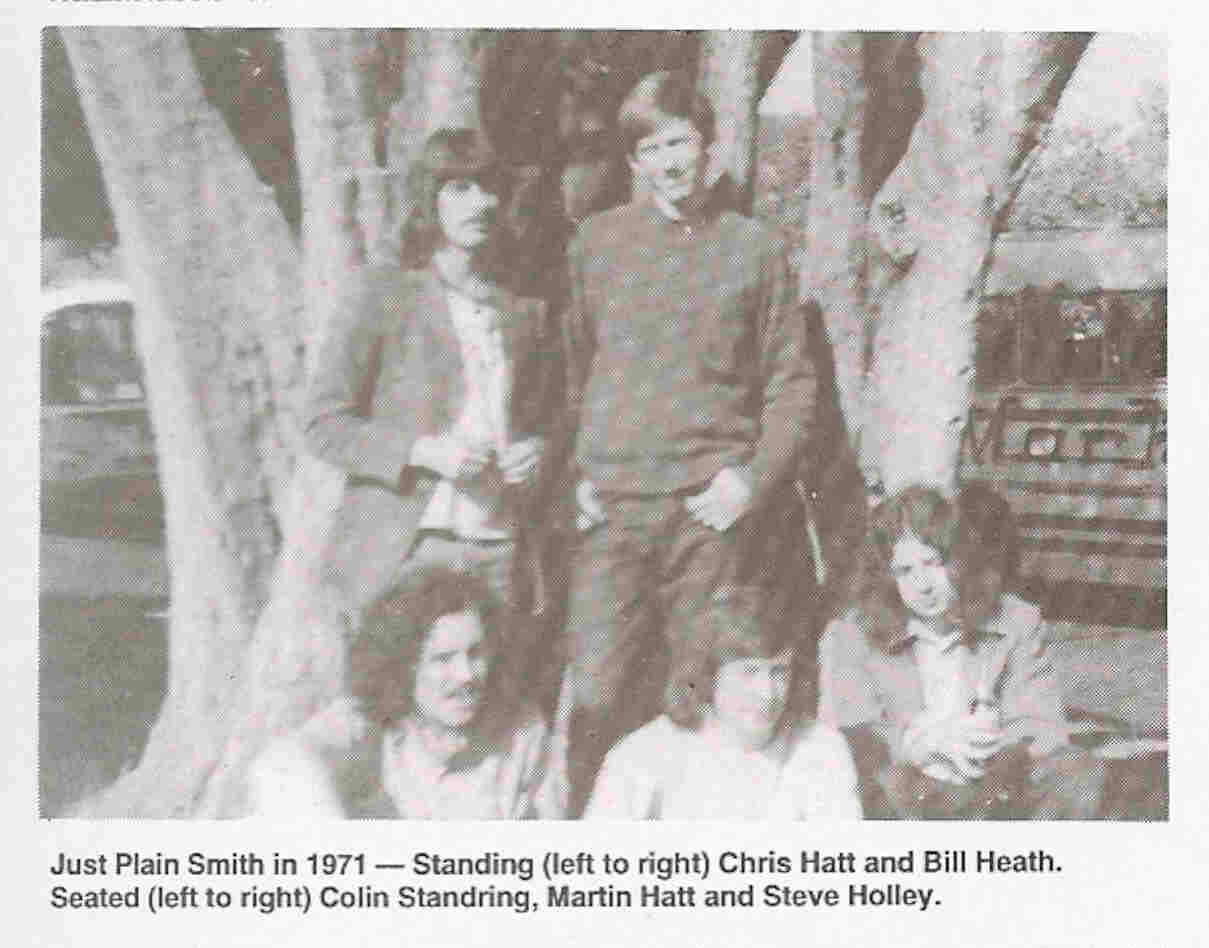 |
||
|
The Band's History The lost were formed in 1964 by Bill Heath, a pupil at Uppingham Public School in the small English county of Rutland. Initially known as Paradise Lost, the embryonic composition of the group fluctuated greatly: early contributions were made by Charlie Adamson (drums) and Fred Ward (rhythm guitar), but the line-up stabilised around lyricist and lead vocalist Heath, drummer Jake Walton and brothers Chris and Martin Hatt on lead guitar and bass respectively. At the time of the group's formation the British musical scene had effectively been polarised by the emergence of two distinct musical genres: the beat groups were achieving greater commercial success but the tougher, less ephemeral rhythm and blues sound was becoming increasingly popular in the clubs around London and the Home Counties. It was the burgeoning R&B scene to which Paradise Lost became attracted, consciously striving to emulate the raw adrenalin that shaped classic singles like 'Rosalyn' and 'Baby Please Don't Go'. As might be expected, the group played regularly at Uppingham and at various local halls, but began to seek wider horizons: to this end they visited the now legendary R G Jones recording studio in Morden, Surrey in August 1966 to record 'Problems Of Day To Day Living', a Bill Heath/Chris Hatt song that was lyrically reminiscent of several recent Jagger/Richard compositions. However, independent producer David Oddie decided that the band should concentrate their efforts on a cover version of 'Neighbour Neighbour', a recent Stax single from Jimmy Hughes that was also recorded by pre-Status Quo act the Spectres. Augmented by Stu Taylor (a former member of the Tornadoes and Screaming Lord Sutch's band The Savages), Paradise Lost spent several hours perfecting 'Neighbour Neighbour' before recording 'Problems Of Day To Day Living' in the little studio time that remained. Unfortunately neither track saw the light of day. Undeterred, the Heath/Hatt songwriting partnership persevered, and in early 1967 the band, now operating under the truncated name of The Lost, visited Hollick & Taylor's recording studio in Birmingham to demo their new material. A single-sided acetate album (also pressed as a doublc-sided 10" LP) comprising seven tracks was recorded in a three hour session. Covers of the Stones' 'Spider And The Fly' and Chuck Berry's 'Guitar Boogie' demonstrated that The lost weren't afraid to identify their influences, whilst the album closed with Chris Hatt's pleasant if inessential instrumental 'Lost In Paradise'. However, the real meat lay in the four Heath/Hatt collaborations; 'Problems Of Day To Day Living' is almost identical to the version cut the previous year (it's the earlier recording that appears on this compilation), but the three remaining songs were a perfect vehicle for Bill Heath's distinctly Jaggeresque vocal inflexions. 'Bread Van' and 'The Times Are Gone' also show evidence of the acerbic observation and mild misogyny that characterised both thc Stones and the Kinks' strongest recordings of the era, but possibly the most accomplished song is 'Something To Us', an apparently heartfelt plea for forl:iiveness tempered by a few carefully selected barbs. Occasionally the ambitions of the material exceed the instrumental dexterity, but it should be remembered that, as with all the material featured on this album, these were hastily recorded demo tracks rather than the finished article. With no record company interest in the Hollick & Taylor session, the lost sought to toughen their sound with the recruitment of pianist Patrick Hannay (another Uppingham acquaintance) and former Amber guitarist and Syd Barrett acolyte Mic Read. In February 1968 The Lost returned to R G Jones (Morden) Ltd, and it is the two tracks from this session that arguably represent the acme of their achievements. The proto-punk savagery of 'What's The Matter (With You Babe?)' inflates the vague waspishness of some of the group's earlier material to incandescent fury, but on this occasion the lyrical content is matched by a thunderous backing track that reaches some kind of peak with Chris Hatt's closing guitar solo. 'Don't Open Your Mind', a minor masterpiece of song construction and undoubtedly The Lost's most fully realised creation, maintains the musical and lyrical assault, although it would be another sixteen years before the song received any kind of national exposure, when British Telecom was approached with the idea of a telephone line featuring an arbitrary selection of classic recordings. BT agreed to the proposal and in December 1984 the Guinness Golden Hit1ine was born, with Bill Heath employed as resident disc jockey and the opening bars of 'Don't Open Your Mind' pressed into belated service as the signature tune. By mid-1968 the Lost had fragmented, with Bill Heath and Jake Walton taking a post-Uppingham sabbatical trip around the world. Chris and Martin Hart linked up with vocalist John Vaughan and former Paradise Lost drummer Charlie Adamson in a summer holiday band bearing the unlikely name of the Undergrowth Of Literature. The 'Growth toured the Welsh coastline as a travelling jukebox, playing faithful cover versions of the latest Hendrix, Cream, Mayall and Fleetwood Mac material alongside a handful of originals including Chris Hatt's 'High In The Sky'. Accompanying the band as tour manager and general dogsbody was fellow Uppingham pupil and future BBC Radio One disc jockey Peter Powell. In late August 1968 the Undergrowth Of Literature visited R G Jones to cut a souvenir album (recorded in a single two hour session!) of their tour. Only four acetate copies were made, and the five tracks included herein have been culled from what appears to be the sole surviving copy. Within a matter of weeks The Lost were reunited:
now at law school, Bill Heath teamed up with another trainee
solicitor, Dick Ellis, to write 'Ernest Seymour, The Man From
66c'. With Ellis guesting on piano, The Lost duly
returned to Morden to record this surreal psychedelic pop nugget in
which the lyrical dichotomy is matched by the rampant musical
schizophrenia. Despite the group's high hopes, the track once again
failed to secure a commercial release. Further personnel changes followed. After years of combining an interest in folk music with performing in an R&B band, Jake Walton decided to leave Just Plain Smith in order to concentrate his efforts on the folk circuit, playing hurdy gurdy, guitar and dulcimer with Lazy Farmer, now principally remembered as the backing group for Wizz Jones. Dave Knight briefly replaced Walton before the group acquired the services of Ric Parnell (son of band leader Val), who in turn left to join Chris Standring in Horse, although he is more widely associated with Atomic Rooster and a later cameo appearance in the spoof Rockumentary 'This Is Spinal Tap'. A more permanent addition ro the ranks of Just Plain Smith was guitarist Dave Ballantyne, fresh from a stint with Geno Washington's Ram Jam Band. Ballantyne had previously released two solo singles on the Columbia label in 1966, with the second - 'Love Around The World' - reaching number two in the Radio London chart. Around this juncture Mic (aka Mike) Read left the group after the mysterious disappearance of Dave Knight's drum kit, although he subsequently recorded in tandem with Dave Ballantyne in splinter group Just Plain Jones (whose CBS single 'Crazy Crazy' - a Heath/Read/Ballantyne composition - reached number ten in the Malaysian singles chart in 1971) and Esprit de Corps before finding fame and fortune as a television and radio personality. Just Plain Smith made one further visit to R G Jones (Morden) Ltd in 1970 to record a Chris Hatt instrumental 'Music To Eat Cakes By' and 'Do You Love Me Baby (Do You Know?)', to these ears a rather self-conscious attempt by Bill Heath and Dave Ballantyne to compose a hit single complete with girlie backing vocals and Eurovision-style singalong chorus. Although this was to be their last venture into a recording studio for nearly a quarter of a century, the main protagonists of The Lost have continued to play together. Ric Parnell's replacement was Steve Holley, who joined the group at the tender age of fourteen, staying for several years before transferring to Paul McCartney's Wings - all things considered, not a bad career move. Former backing vocalist and demon tambourine player Tim Rice has lasted the course slightly better, having played with The Lost and its various incarnations since 1971. Occasionally he is permitted to shuffle centre stage and wrap his honey-coated larynx around a vintage rock 'n' roll song before retiring to a more subordinate role. In December 1993 The Lost revisited the scene of the rhyme when they
returned to R G
Jones Ltd. Under the supervision of Geny Kitchingham, who had been
apprentice engineer on the original 1968 sessions, they recut 'What's
The Matter (With You Babe?)', 'Don't
Open your Mind' and 'Ernest Seymour, The Man From 66c'. These new
recordings have
been included within this package as a limited edition single; if you're
impressed, Bill Heath would like it known that his boys are always
available for work ... |
||
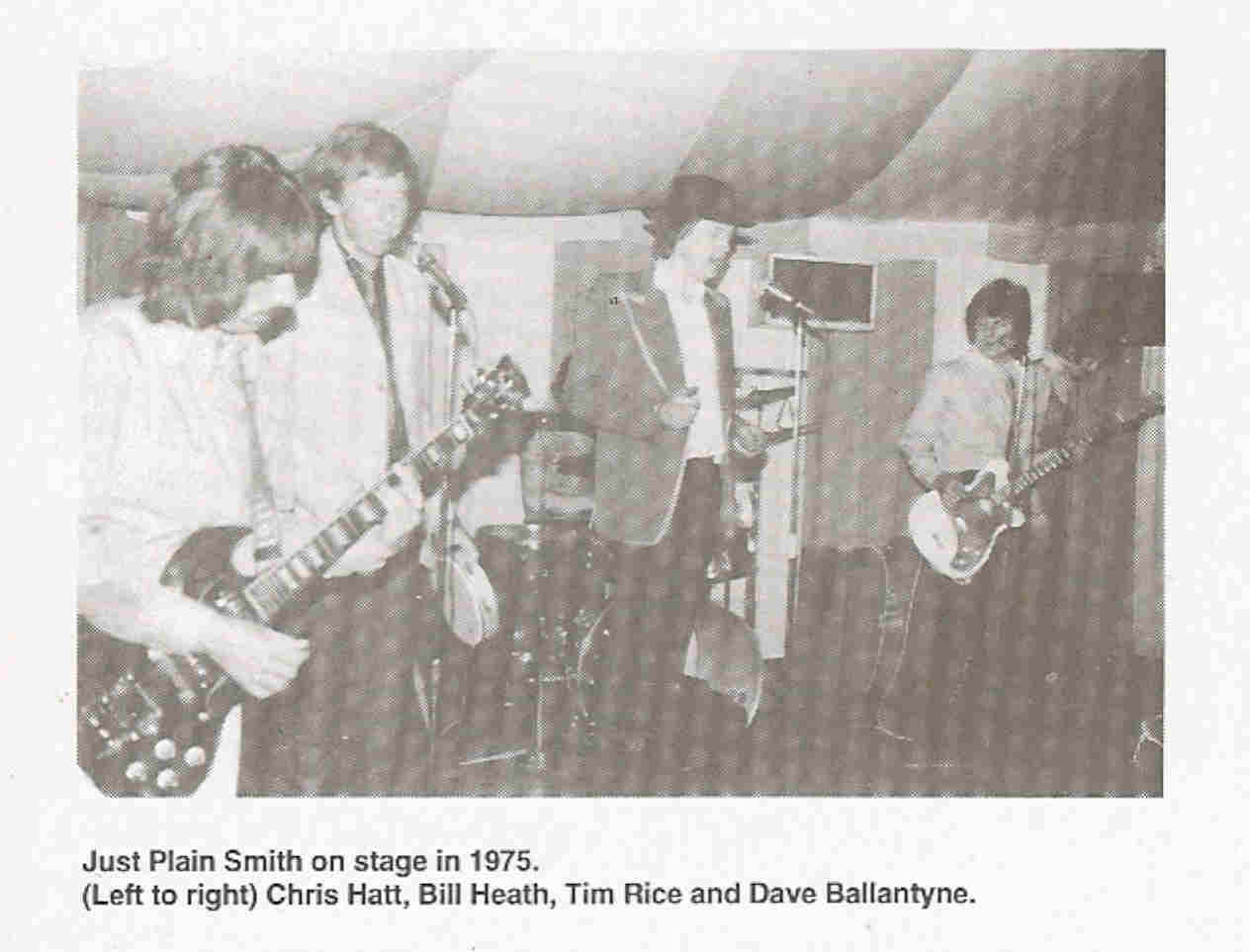 |
||
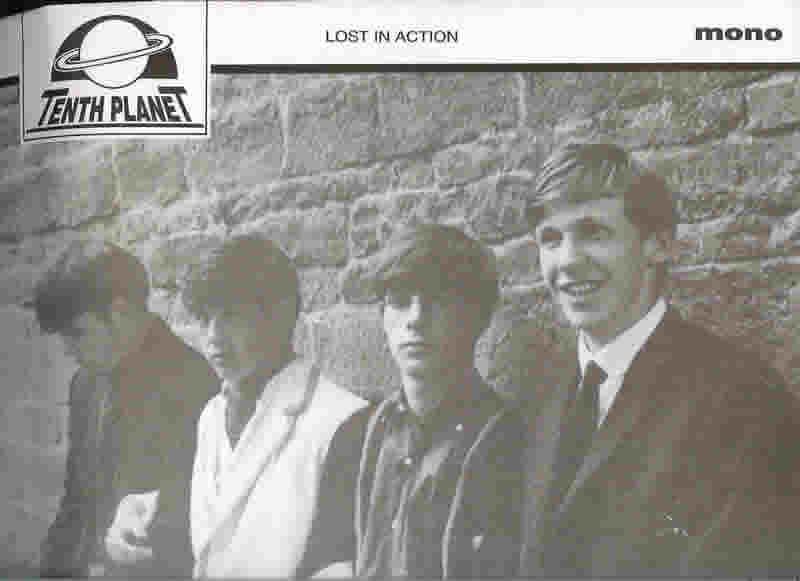 The Lost in 1966. Left to right: Fred Ward, Martin Hatt, Chris Hatt, Bill Heath THE LOST |
||
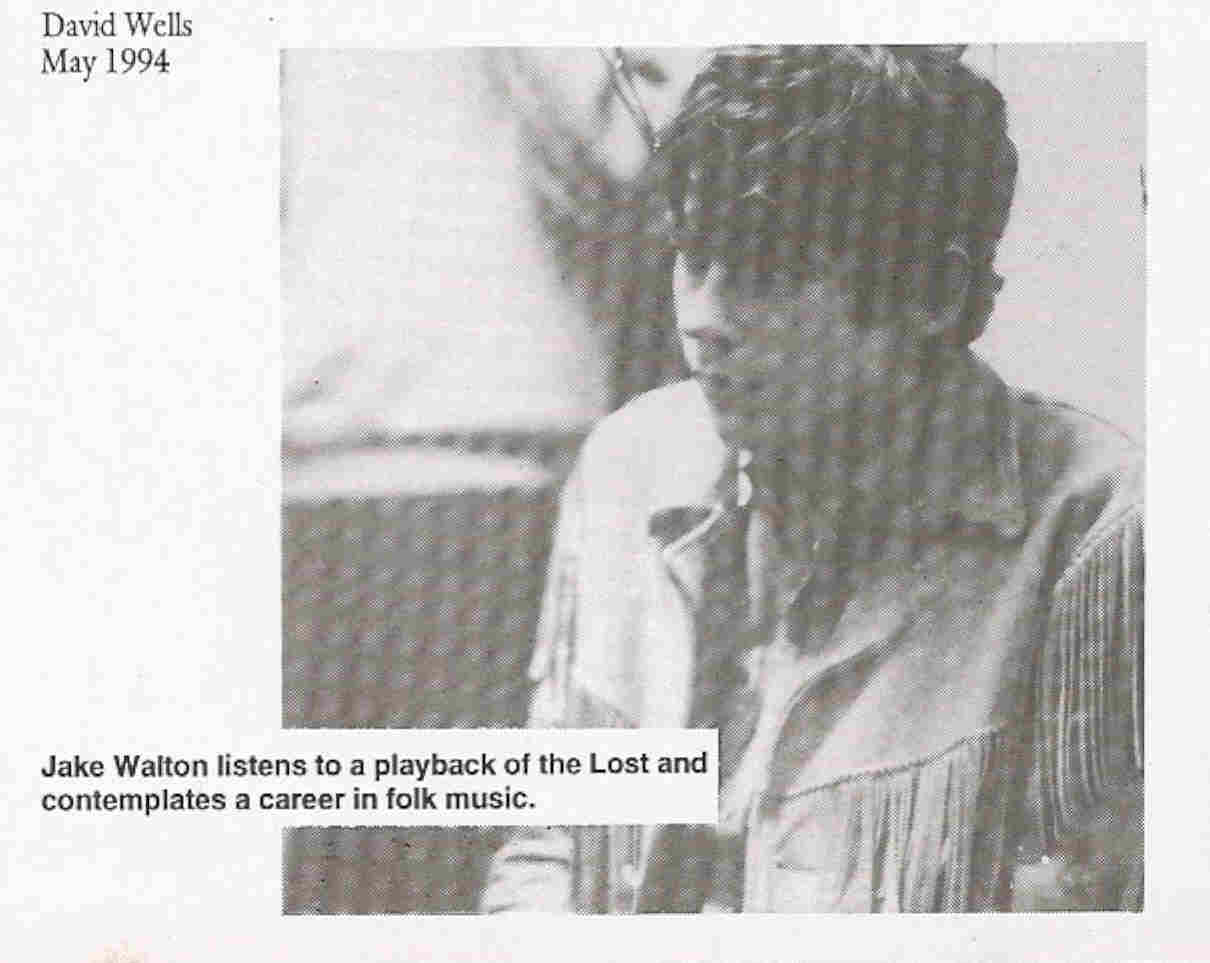 |
||
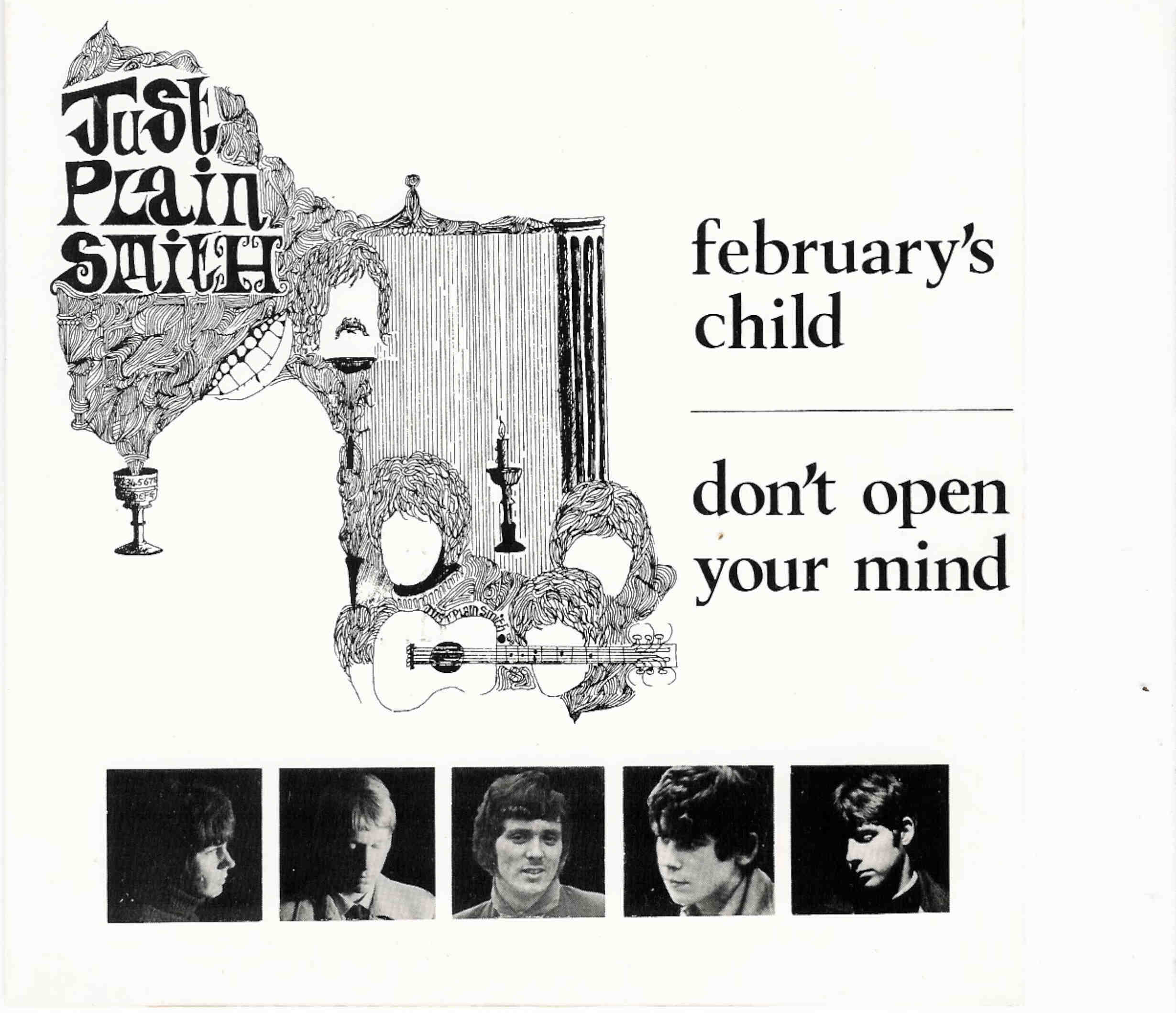 |
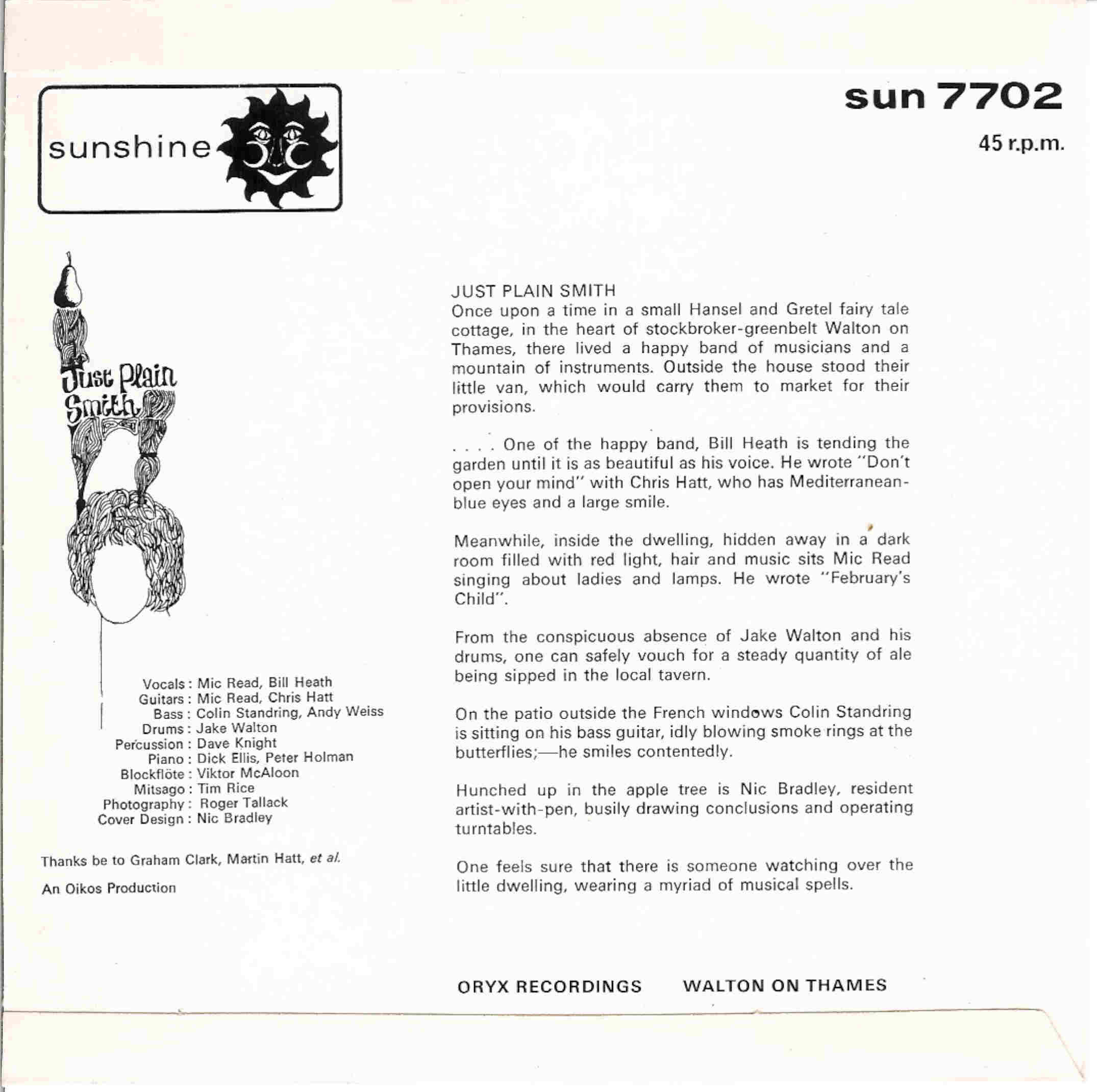 |
|
| © Copyright Coda 2007. All rights reserved worldwide. | ||
|
| Whang Home | History | Tim Rice | |
||
| [Coda Home] [Welwyn Garden City] [Live Music Venues] [Reviews] [Coda Recording] [The Troggs] [Roger LaVern (Tornados)] [Tim Rice] [Caroline Cronin] [Colin Frechter] [Bob Barratt] [Clem Cattini] [Kenny Hollywood] [Dave Barber] [The Hop] [60's Local Music Scene] [Phase One Disco] [Music Shops] [Our Radio Friends] [Site Map] [Visitor's Messages] | ||